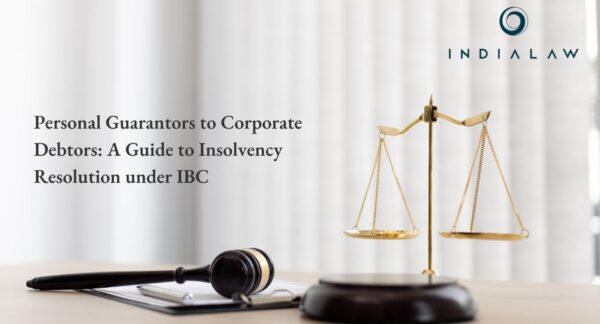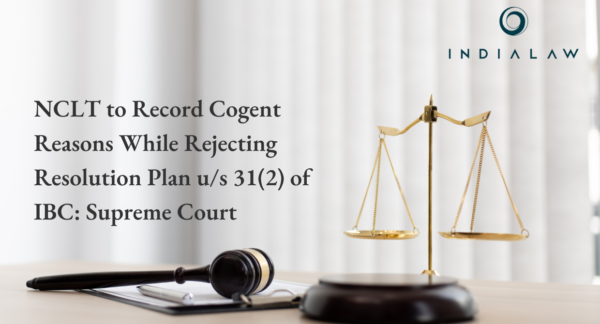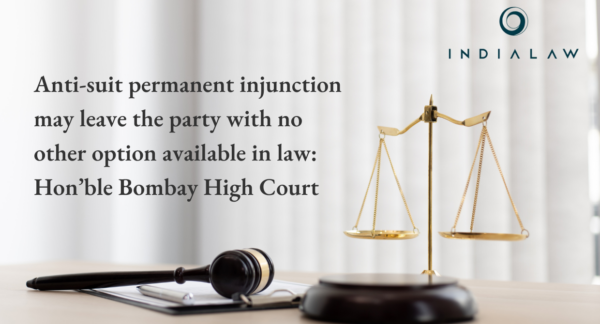Tag: NCLT

Personal Guarantors to Corporate Debtors: A Guide to Insolvency Resolution under IBC
Introduction The Insolvency and Bankruptcy Code (IBC), 2016, provides a robust legal framework to resolve insolvency and ensure the timely reorganization of debts. Sections 94 to 120, specifically, deal with the insolvency resolution process for

Provisions of Section 60(5) of the Code can be invoked to realise the amount of admitted dues in relation to services provided by the Corporate Debtor.
In the case of Vineet K. Chaudhary Vs. NTPC Ltd., the Hon’ble NCLT Mumbai Bench held that provisions of section 60(5) of IBC 2016, can be invoked for recovery of admitted dues payable to the

Our Senior Partner Shiju PV quoted in DT next & The Week
In the recent articles published by DT next & THE WEEK titled “Govt to set up integrated tech platform to boost insolvency ecosystem, strengthen tribunals: FM”, Our Senior Partner Shiju Pv shares his expert insights.

Whether A Cost Incurred By Resolution Professional During CIRP Qualifies as CIRP Cost?
Introduction In a recent ruling dated 14.05.2024, in the case of Avil Menezes (Liquidator) v. Abdul Qudduskhan and Anr,[i] the Hon’ble NCLAT, New Delhi, clarified that the mere fact that dues have arisen during the

NCLT to Record Cogent Reasons While Rejecting Resolution Plan u/s 31(2) of IBC: Supreme Court
The Hon’ble Supreme Court of India recently concluded that the National Company Law Tribunal (“NCLT”) while exercising its power under Section 31(2) of the Insolvency and Bankruptcy Code, 2016 (“IBC”) while rejecting a resolution plan

Anti-suit permanent injunction may leave the party with no other option available in law: Hon’ble Bombay High Court
In a recent noteworthy decision, the Hon’ble Bombay High Court[i] has granted interim relief to Mr. Anupam Mittal, the founder of Shaadi.com, by staying an anti–suit permanent injunction order directed by the Hon’ble Singapore High
- Arbitration and Conciliation
- Banking and Finance
- Bankruptcy Code – Public Announcements
- Civil
- Commercial litigation
- Commercial/Corporate
- Competition act
- Criminal
- Cyber Law
- Debt Recovery
- Environment
- Family Law
- Food
- IL News
- Infrastructure
- Insolvency & Bankruptcy
- Insurance
- Intellectual Property Rights
- International
- Labour
- Law
- Medico-Legal
- Negotiable Instrument
- NRI Laws
- Policy
- Power
- Real Estate
- Tax

